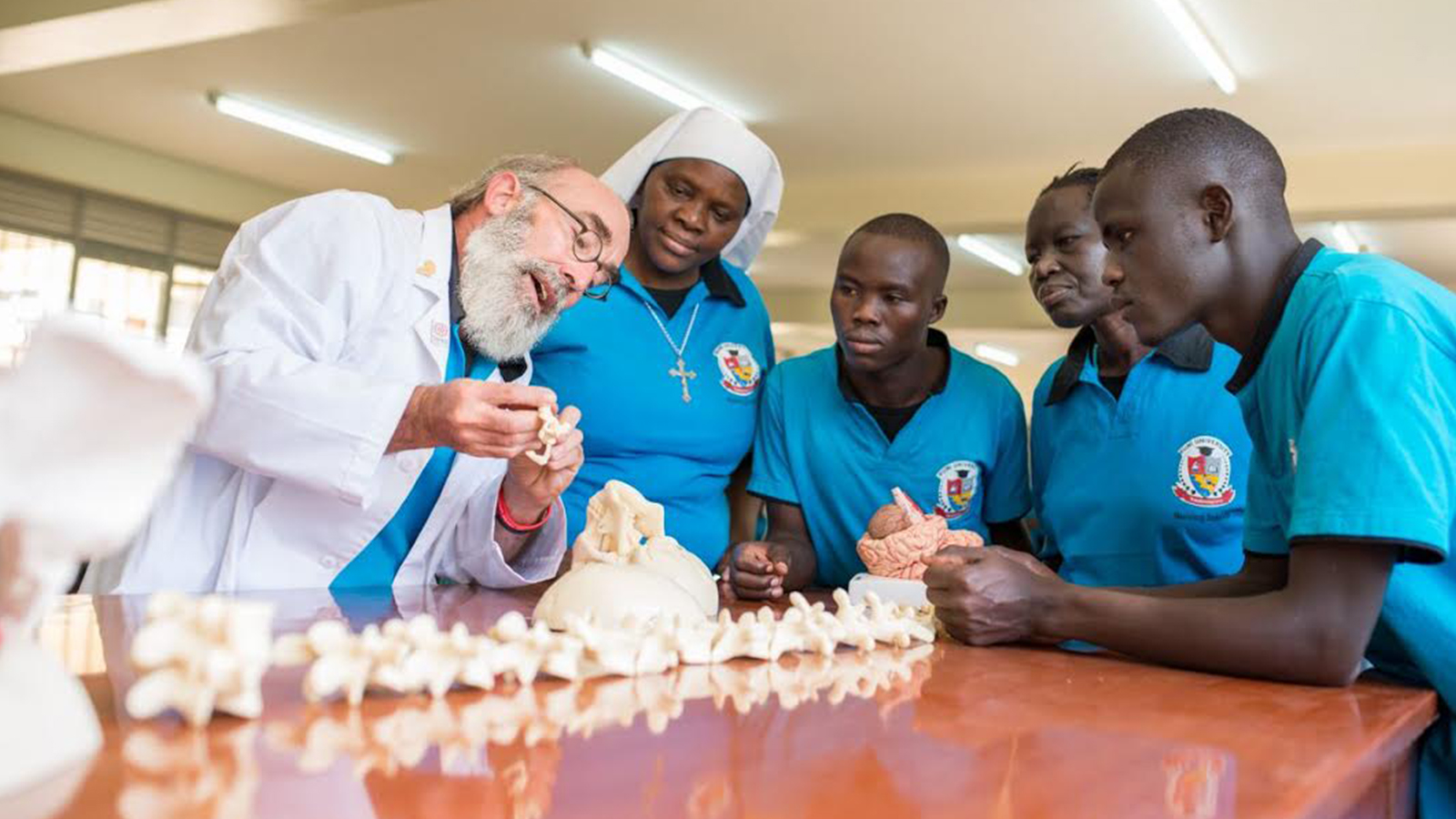Malawi is one of the few sub-Saharan African countries that achieved Millennium Development Goal 4* for child survival by 2015. The main causes of child mortality today remain largely preventable illnesses like diarrhea, malaria, and pneumonia. Critical gaps remain in meeting the growing health needs of the country’s primarily rural population and in ensuring the delivery of essential health services. At the heart of Malawi’s challenges is the country’s lack of skilled health professionals. There is a great need to build the capacity of doctors, nurses, midwives, and specialists to further improve outcomes.
The Takeda Global CSR Program's partnership with Seed Global Health is helping remedy the shortage of skilled health care professionals in Malawi and two other Sub-Saharan Africa countries, helping to build sustainable health systems where there is a critical need. Seed’s physician, nurse, and midwife educators work alongside local Malawian faculty and health staff to broaden and enhance training in specialties ranging from family medicine to obstetrics and gynecology to mental health.
Equipping professionals across Malawi’s health workforce to deliver quality care, provide ongoing education, and hold leadership positions will ensure the resiliency of Malawi’s health system and good health for all.
* In September 2000, building upon a decade of major United Nations conferences and summits, world leaders came together at the United Nations Headquarters in New York to adopt the United Nations Millennium Declaration. The Declaration committed nations to a new global partnership to reduce extreme poverty, and set out a series of eight time-bound targets - with a deadline of 2015 - that have become known as the Millennium Development Goals (MDGs). The Millennium Development Goal 4 is “Reduce child mortality,” to reduce the under-five mortality rate by one-third in the period between 1990 and 2015.

